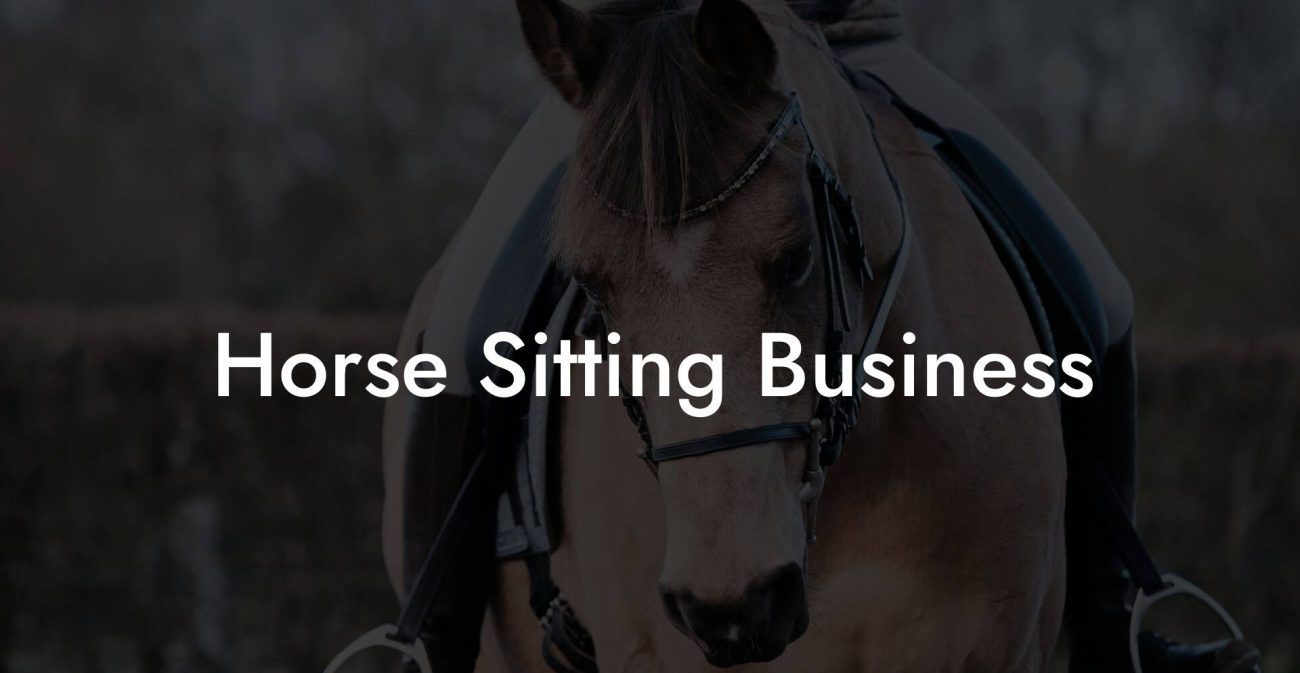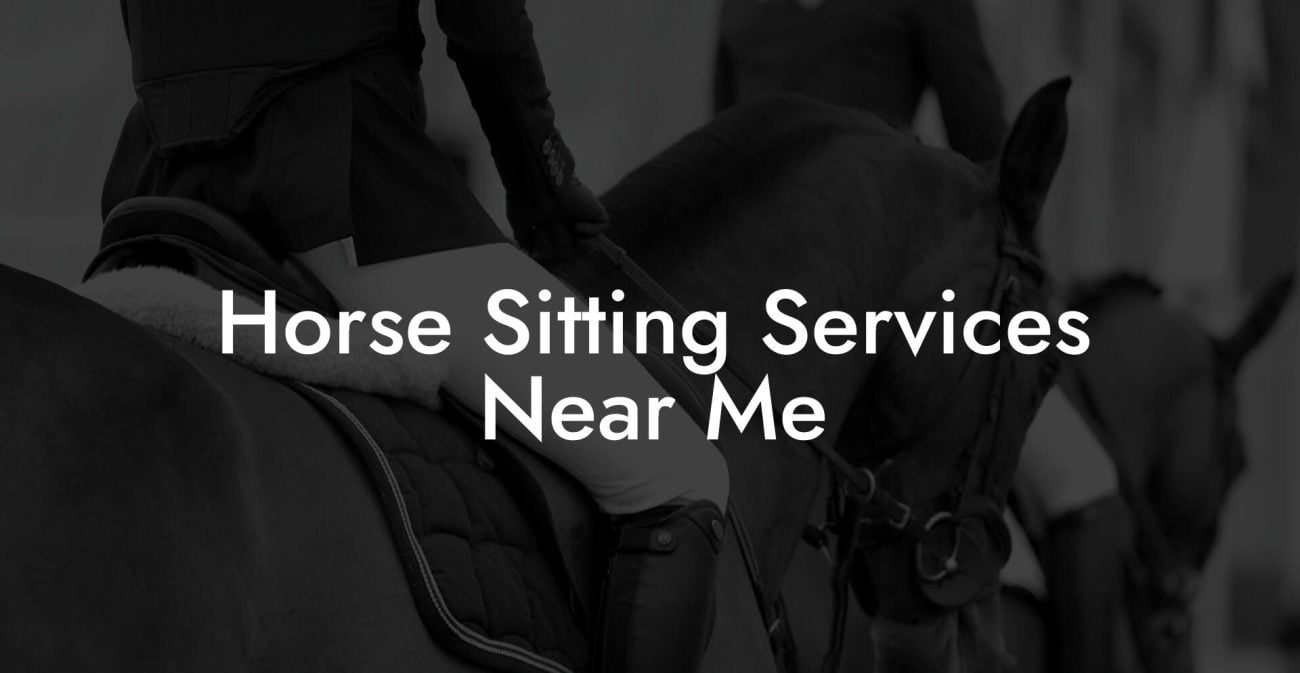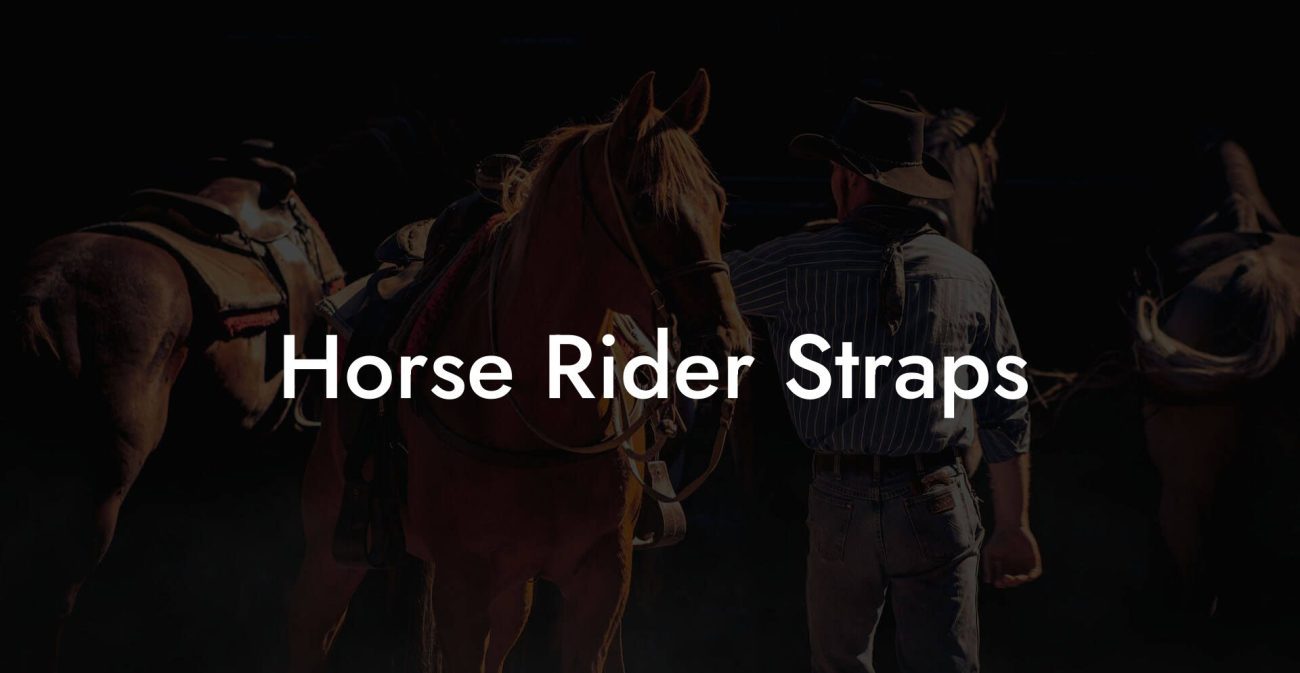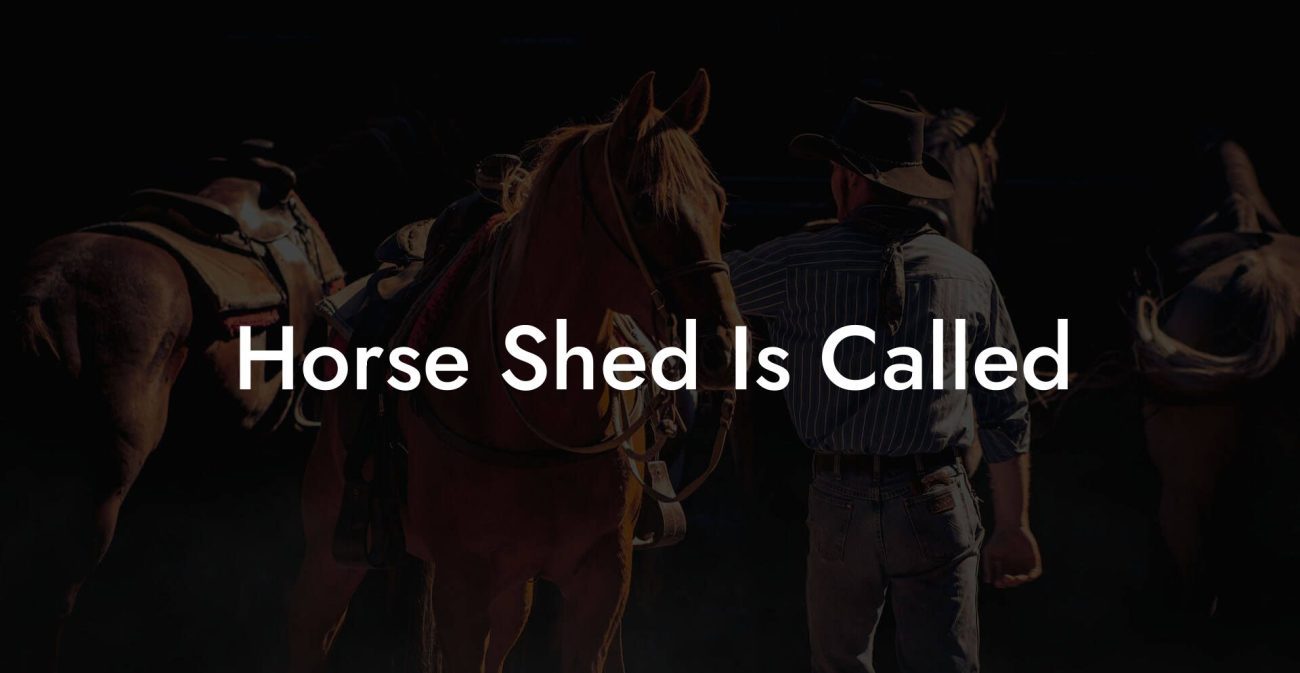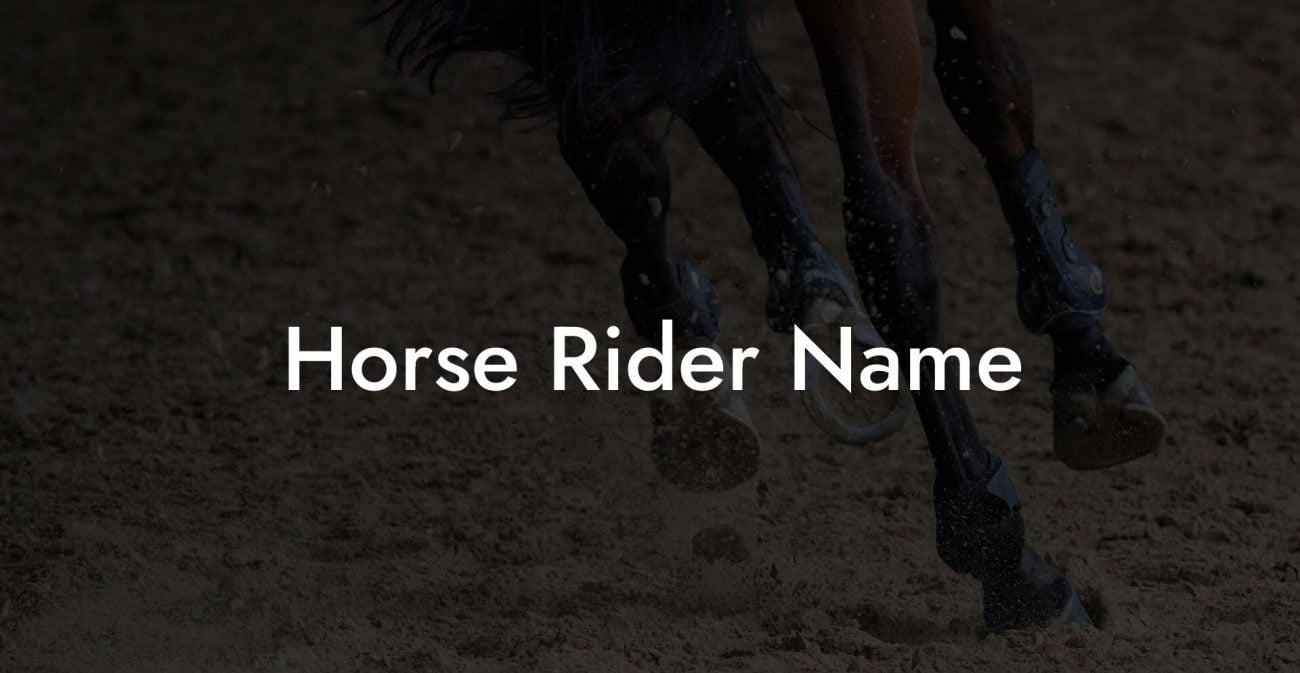When you think of horses, images of freedom and power emerge, majestic creatures built for the open range, yet delicately balanced between strength and grace. But have you ever wondered just how much weight these equine wonders can safely carry? Whether you're a savvy Gen-Z adventurer or a millennial equestrian enthusiast, this guide will take you on a wild ride through the science, tradition, and modern insights on the maximum weight a horse can carry while ensuring both performance and well-being.
Quick Links to Useful Sections
- The Fundamentals of Equine Anatomy and Load-Bearing Capacity
- The Science Behind the Load: Understanding Horse Weight Limits
- Factors That Affect the Maximum Weight a Horse Can Carry
- Breed and Genetics
- Age and Development
- Physical Condition and Training
- Saddle Fit and Equipment
- Terrain and Environmental Conditions
- The Traditional 20% Rule: Myth or Reality?
- Rider’s Weight and Its Impact on Equine Load Capacity
- The Role of Distribution
- Riding Technique and Posture
- Innovative Equipment and Technology
- Modern Research, Expert Opinions, and Real-World Testing
- Recognizing the Warning Signs: When Too Much is Too Much
- Physical Symptoms
- Behavioral Cues
- Effective Strategies for Safe Load Management
- Invest in Fitting and Quality Equipment
- Adopt a Gradual Conditioning Routine
- Monitor and Record Health Parameters
- Incorporate Rest and Recovery
- Regular Professional Assessments
- Horse Care Essentials: Beyond Just Weight Management
- Nutrition for Optimal Performance
- Regular Exercise and Mental Stimulation
- grooming and Routine Veterinary Care
- Resources and Community Support: Your Next Steps
- In-Depth Case Studies: Real-World Insights Into Load Capacity
- Case Study 1: The All-Terrain Trailblazer
- Case Study 2: The Endurance Champion
- Case Study 3: The Urban Commuter
- Practical Tips to Enhance Your Horse’s Load Capacity Safely
- Your Journey to Empowered Equine Health and Safety
- Frequently Asked Questions about Horse Load Capacity
- Wrap-Up: Empower Your Equine Companion With Knowledge and Care
The Fundamentals of Equine Anatomy and Load-Bearing Capacity
Horses have been our loyal partners for centuries, hauling goods, carrying riders, and even leading armies into battle. But behind that raw strength lies a finely tuned natural design. A horse’s skeletal, muscular, and ligament structures all contribute to its ability to bear weight. Key factors such as bone density, muscle composition, and even the shape of the horse's hooves determine how effectively a horse can distribute additional loads.
The concept of "carrying capacity" isn’t just about slapping on extra weight; it's an intricate balance. For instance, think about how a phone’s battery life is affected by how intensely you use it, similarly, a horse's load capacity can be greatly influenced by its overall health, breed, age, and level of training. This holistic approach isn’t just fascinating, it’s also essential for proper horse care.
Recent research in equine science has led experts to refine the age-old rule-of-thumb regarding load capacity. No longer are we content with generic guidelines; modern insights help us understand that the maximum weight a horse can carry isn’t a one-size-fits-all answer, it varies from horse to horse. In the sections that follow, we'll break down these variables so you can ensure that your noble steed is both safe and happy.
The Science Behind the Load: Understanding Horse Weight Limits
Traditionally, equine lore suggested that a horse could safely carry about 20% of its own body weight, meaning a 1,000-pound horse might carry up to 200 pounds. But modern veterinary science and performance studies reveal that there’s more nuance to the story. Researchers today are investigating not only the percentage of body weight but also how factors such as distribution of weight, riding techniques, saddle fit, and terrain come into play.
Load distribution is crucial. A well-designed, ergonomic saddle can drastically improve a horse's comfort by dispersing a rider’s weight evenly over the horse’s back. That’s why experts emphasize the importance of investing in quality equipment and ensuring proper adjustments, a small tweak in saddle fit can translate into improved performance and reduced injury risk.
In addition, new training methodologies have been developed to improve a horse’s muscular strength and endurance, effectively increasing its weight-carrying capacity over time. Think of it like a carefully planned workout routine at the gym. Consistent conditioning and proper rest periods mean that your horse, much like you, can gradually build up strength and resilience.
Factors That Affect the Maximum Weight a Horse Can Carry
Several dynamic factors determine how much weight a horse can safely carry. Let’s take a closer look at some of the most influential aspects:
Breed and Genetics
Not all horses are created equal. Various breeds are naturally predisposed to either higher load capacities or greater speed and agility. For example, sturdy draft horses and certain breeds originally bred for heavy work often have a superior load-carrying capacity compared to lighter racing horses or refined show breeds. Genetics play a pivotal role in bone structure, muscle density, and overall endurance.
Age and Development
Just like humans, horses go through different life stages. Young horses, whose physiques are still maturing, must not be overburdened, while older horses might face joint issues or muscle deterioration that can limit their load capacity. The sweet spot for many horses is during their prime years, when physical strength and endurance are at their peak. Experts advise that younger horses should be gradually introduced to additional loads, allowing their bodies to adapt over time.
Physical Condition and Training
A horse’s training regimen can be a game-changer in how much weight it can effectively carry. Regular exercise, a balanced diet, and proper rest all contribute to improved musculoskeletal health. Conditioning exercises, not only enhance performance but also build the endurance necessary to bear extra weight without compromising structural integrity.
Saddle Fit and Equipment
You might be wondering: “Does my saddle matter?” Absolutely. An ill-fitting saddle can concentrate pressure on specific areas, leading to discomfort, behavioral issues, and even long-term injury. Investing in a well-crafted, ergonomically designed saddle that suits your horse’s body is non-negotiable for maintaining its health, particularly when carrying additional loads.
Terrain and Environmental Conditions
The ground you ride on plays a significant role. Riding on soft, even terrain minimizes the impact on a horse’s joints and muscles. In contrast, uneven or slippery grounds demand more from your horse, requiring extra balance and strength to manage the same weight load. This is why equestrians prepare their horses with appropriate conditioning exercises for different types of terrain.
Each of these factors interplays with the others, weaving a complex web of considerations that must be taken into account when determining the safe load a horse can carry.
The Traditional 20% Rule: Myth or Reality?
The oft-quoted “20% rule” has been the cornerstone of equestrian wisdom for decades. In simple terms, it's been assumed that a horse should carry no more than 20% of its body weight. But as with many age-old adages, the reality isn’t so black and white.
While the 20% rule offers a rough guideline, modern insights suggest that even this benchmark needs to be adjusted based on individual circumstances. Take, for instance, the effects of a hog-tying saddle or a rider who frequently shifts their position, these factors can reduce the amount of weight a horse can safely manage. Conversely, a well-trained, fit horse with an expertly fitted saddle might comfortably handle slightly more than 20% for short bursts under controlled conditions.
However, it's always wise to err on the side of caution. Even if research suggests a horse can exceed the 20% marker under optimal conditions, prioritizing its health and comfort should remain your top goal. After all, every horse is a unique blend of strength, character, and care needs.
Rider’s Weight and Its Impact on Equine Load Capacity
One of the most popular debates in the riding arena is about the rider's weight. More than just a number, a rider’s weight interacts with the horse’s biomechanics in fascinating ways. Here’s what you need to know:
The Role of Distribution
It’s not just the total weight that matters, but how that weight is distributed. A rider who maintains a balanced, centered position can significantly reduce the strain on a horse's back. Equine experts often teach riders techniques that engage the core and keep the weight evenly dispersed, therefore mitigating potential discomfort or injury.
Riding Technique and Posture
Modern riding isn’t merely about looking cool in the saddle; it involves an acute understanding of posture and technique. A good riding posture, where the rider sits deep, moves in harmony with the horse’s motion, and avoids sudden shifts, minimizes the impact on the horse. This technical finesse is especially important when you consider that even minor deviations in posture can lead to significant differences in how weight is carried.
Innovative Equipment and Technology
The 21st century has ushered in innovative riding and saddle technologies that are designed to optimize weight distribution. With tools ranging from advanced saddle gels to sensor-based biofeedback devices, equestrians now have a myriad of resources to ensure that every ride is as comfortable and safe as possible for both horse and rider.
In essence, it's not just the weight on the horse’s back that matters, but also how that weight interacts with the horse’s natural biomechanics, making equipment selection and riding technique absolutely critical.
Modern Research, Expert Opinions, and Real-World Testing
Recent studies in equine biomechanics have shined new light on load capacity. Experts now agree that while general guidelines are helpful, the intricacies of each horse’s anatomy must be considered. Leading veterinarians and equine scientists have delved into countless hours of research and real-world testing, aiming to quantify the delicate balance between strength and strain.
A significant portion of modern research focuses on the interplay between exercise routines, diet, and overall conditioning. Many trainers have started employing holistic training programs, akin to personalized fitness plans for humans, that build core strength, flexibility, and endurance. With these advances, horses that are properly conditioned can sometimes exceed traditional expectations in terms of load capacity.
Despite these advances, the consensus remains: the safety and long-term health of your horse must always come first. It’s critical to engage with professionals who can conduct thorough assessments and develop tailored training regimens. This collaborative approach, linking modern science with traditional care practices, ensures that every horse is given the opportunity to perform at its best without risking injury or undue stress.
Recognizing the Warning Signs: When Too Much is Too Much
Even the sturdiest of steeds has its limits, and recognizing when a horse is being overburdened is crucial. Common warning signs include reluctance to move, changes in gait, unusual stiffness, and visible discomfort when pressure is applied. In more severe cases, you might notice signs of pain, lameness, or behavioral changes that signal distress.
Physical Symptoms
Keep an eye out for muscle soreness, swelling along the back, or uneven wear on the horse's hooves, each of these can be an indicator that the weight load is exceeding safe limits. Regular check-ups with a trusted veterinarian can help detect these issues before they escalate.
Behavioral Cues
Horses are expressive animals. A normally energetic horse that suddenly shows signs of hesitation or frustration may be signaling that it’s time to lighten the load. Changes in mood or behavior, like a reluctance to be saddled, can also be red flags.
Listening to your horse is as important as any technical measurement. Their natural instincts often reveal subtle cues of discomfort long before visible injuries occur. By staying attuned to these signals, you can adjust training and riding practices to better suit your horse's unique tolerance.
Effective Strategies for Safe Load Management
Managing the load on your horse’s back isn’t merely an act of caution, it’s a well-thought-out strategy that maximizes performance and longevity. Here are several effective approaches:
Invest in Fitting and Quality Equipment
A properly fitted saddle can be a game-changer. Work with experts who can custom-fit or adjust existing equipment to ensure an even distribution of weight. Remember, quality gear minimizes the risk of chafing, pressure points, and long-term damage.
Adopt a Gradual Conditioning Routine
Just like any athlete, horses benefit immensely from a gradual build-up in intensity. Begin with lighter loads and slowly increase the weight as the horse develops strength and stamina. Tailor your training program to include a mix of cardiovascular exercises, core strengthening, and flexibility routines.
Monitor and Record Health Parameters
Keeping a detailed log of your horse’s performance and health can offer critical insights. Documenting behavior changes, physical performance, and even mood variations can help pinpoint when you need to adjust the load. Modern apps and digital tools can streamline this process, ensuring you have real-time data at your fingertips.
Incorporate Rest and Recovery
Rest is as essential as action. Ensure that your horse has ample downtime between sessions to recover. A combination of active rest, like light walking, and passive recovery strategies, including proper nutrition and sleep, can fortify your horse for future challenges.
Regular Professional Assessments
Routine evaluations by equine veterinarians and trainers are invaluable. These professionals can conduct movement analyses, assess for any signs of strain, and adjust your training regimen accordingly. Their expert opinions help ensure that every step taken is in the best interest of your horse’s long-term health.
Employing these strategies not only protects your horse from injuries but also enhances the overall riding experience, creating a harmonious balance between performance and care.
Horse Care Essentials: Beyond Just Weight Management
While understanding the maximum weight a horse can carry is key, comprehensive horse care extends far beyond load management. A balanced approach to your horse’s overall well-being integrates nutrition, exercise, mental stimulation, and community support.
Nutrition for Optimal Performance
Just as athletes need a balanced diet, your horse thrives on nutrient-rich feed. High-quality forage, complemented by grains and specialized supplements, provides the energy and nutrients required for optimal performance. Consult with an equine nutritionist to tailor a diet plan that addresses your horse’s specific needs, including joint support, muscle recovery, and general vitality.
Regular Exercise and Mental Stimulation
A well-exercised horse is a happy horse. Incorporate varied routines that emphasize not only physical conditioning but also mental alertness. Trail rides, obstacle courses, or even simple lunging sessions can dramatically boost your horse’s overall health and mood.
grooming and Routine Veterinary Care
Regular grooming sessions do more than just maintain a shiny coat; they allow you to inspect for any signs of injury, skin irritations, or early signs of strain. Coupled with routine veterinary visits, consistent grooming ensures that your horse remains in top shape both physically and mentally.
By adopting these holistic horse care practices, you not only optimize your horse’s carrying capacity but also create a supportive environment where your equine partner can thrive.
Resources and Community Support: Your Next Steps
Navigating the intricacies of equine care and understanding weight limits can sometimes feel overwhelming. The good news is that you're not alone, there's a vibrant community of equestrians, veterinarians, trainers, and enthusiasts all ready to share advice, experiences, and support.
Consider joining local riding clubs, online forums, and social media groups where you can exchange tips and ask questions about everything from saddle fitting to nutrition. Community support not only enriches your knowledge base but also provides peace of mind as you implement new strategies for your horse's health.
Additionally, keep tabs on reputable organizations such as the American Association of Equine Practitioners (AAEP) and other regional bodies that offer guidelines, training courses, and certification programs. Continuous education, paired with practical experience, creates the ultimate roadmap to ensuring your horse remains fit, happy, and ready to carry the load, both literally and metaphorically.
In-Depth Case Studies: Real-World Insights Into Load Capacity
Let’s dive into a few detailed case studies that illustrate how real-world scenarios and hands-on research can offer invaluable insights into the maximum weight a horse can carry.
Case Study 1: The All-Terrain Trailblazer
Meet Bella, a 1,200-pound quarter horse known for her spirited nature and impressive stamina. Her owner, a seasoned trail rider, noticed that on smooth, even terrain Bella could comfortably handle a load slightly above the traditional 20% rule. However, when the trail became rugged with sporadic inclines and rocky patches, Bella’s performance wavered and subtle signs of fatigue began to emerge. Through adjusting her exercise regimen and investing in a custom-fit saddle, her owner was able to monitor her progress meticulously, ensuring that she never exceeded her safe load limit. Bella’s case reinforces the idea that while general guidelines offer a starting point, environmental factors and the need for personalized care remain essential.
Case Study 2: The Endurance Champion
Jackson, a seasoned endurance rider, has spent years perfecting his technique with his mare, Luna. Through a combination of modern conditioning exercises, a balanced diet rich in joint-supporting supplements, and periodic assessments by equine biomechanics experts, Luna was gradually conditioned to carry a slightly higher load over shorter bursts, ideal for competitive events. Her progress was tracked using state-of-the-art biofeedback devices that provided real-time insights into muscle strain and vibration through her back. While Luna occasionally surpassed the 20% mark under controlled conditions, every increase was carefully monitored, ensuring that her training never compromised her long-term health.
Case Study 3: The Urban Commuter
In a unique twist, a group of urban equestrians recently experimented with using horses as part of a community initiative to promote sustainable transportation. The horses involved were lighter, nimbler breeds accustomed to city riding. With meticulously designed equipment and careful route planning that favored smooth, paved surfaces, the horses comfortably managed weight loads tailored not only to their physical capacities but also to daily commuting routines. The initiative linked state-of-the-art tracking technology with continuous veterinary assessments to ensure no horse was overburdened, emphasizing that modern urban demands can coexist with traditional equine care practices if managed correctly.
These case studies offer real-world confirmation that while the traditional 20% rule provides a useful benchmark, modern equine care requires customized attention, robust training regimens, and a willingness to adapt to the unique conditions your horse faces.
Practical Tips to Enhance Your Horse’s Load Capacity Safely
For those looking to optimize riding performance without compromising equine health, consider these practical tips:
- Regular Conditioning: Incrementally build your horse's strength through varied exercises. Incorporate a mix of aerobic and strength training to boost endurance.
- Monitor Performance: Use wearable technology and performance trackers to stay informed about your horse’s response to different loads.
- Balanced Nutrition: Ensure that your horse’s diet is rich in essential nutrients that support muscle repair and joint health.
- Correct Saddle Fit: Work with professionals to ensure that your saddle is well-fitted, providing even weight distribution and comfort.
- Adjust for Terrain: Modify your riding strategy based on the riding surface. Smooth trails allow for slightly higher loads, while rugged terrain requires extra caution.
By integrating these tips into your daily equine care routine, you'll enhance your horse’s performance while minimizing the risk of injuries, ensuring that both you and your horse continue to enjoy every adventure.
Your Journey to Empowered Equine Health and Safety
At its core, understanding the maximum weight a horse can carry is about more than simply crunching numbers, it’s about forging a deep, respectful connection with your animal companion. As a rider, trainer, or equine enthusiast, every decision you make directly influences your horse’s long-term health and overall performance.
Embracing modern research, expert advice, and the tried-and-true wisdom of seasoned equestrians will allow you to create a nurturing environment where your horse can really flourish. As you continue to learn, experiment, and implement holistic care practices, you'll find that every ride becomes not only safer but also infinitely more rewarding.
Whether you’re preparing for your next trail ride, planning an endurance event, or simply aiming to give your horse the best life possible, remember that knowledge is your most valuable tool. With the right balance of science, tradition, and intuition, you can ensure that your horse always has the strength to carry on, both literally and metaphorically.
Trust the journey, lean on community support, and never stop learning. Here's to building a future where you and your horse ride into the sunset with confidence, joy, and robust health.
Frequently Asked Questions about Horse Load Capacity
We've compiled some of the most common questions on the topic to help you better understand how to safely determine the maximum weight a horse can carry.
1. What is the traditional rule of thumb for a horse's carrying capacity?
Traditionally, many equestrians believe a horse should carry roughly 20% of its body weight. However, this can vary based on breed, age, training, and saddle fit.
2. Are modern horses capable of carrying more than the 20% guideline?
Under optimal conditions, a well-conditioned horse with a perfectly fitted saddle may safely carry slightly more than 20%, especially for short periods. Nonetheless, caution and individualized assessments remain essential.
3. How does a rider’s weight affect the horse’s performance?
Beyond the absolute number, a rider’s weight distribution and riding technique are key. A balanced approach ensures even distribution of weight across the horse’s back, reducing strain.
4. What factors should be considered when assessing a horse’s load capacity?
Consider breed, age, physical condition, training level, saddle fit, and terrain. Each factor contributes to the overall ability of the horse to carry weight safely.
5. How can I ensure my horse remains comfortable during heavy rides?
Invest in customized equipment, maintain proper conditioning, and monitor for any signs of discomfort. Regular check-ups with a veterinarian and proper rest are vital.
6. Are there any new technologies to help monitor load distribution?
Yes, modern equine technology, such as sensor-based biofeedback devices, helps monitor weight distribution and muscle activity, enabling real-time adjustments to riding techniques.
7. What preventive measures can be taken to avoid overburdening a horse?
Gradually build your horse's strength, use proper fitting equipment, monitor physical and behavioral signals, and never exceed recommended load limits without professional consultation.
Wrap-Up: Empower Your Equine Companion With Knowledge and Care
Embracing a nuanced understanding of the maximum weight a horse can carry sets the stage for a healthier, more joyful riding experience. By merging time-tested wisdom with modern scientific insights, you empower yourself to make informed decisions that enhance your horse’s well-being.
Equip yourself with the latest research, invest in high-quality equipment, and remember that each horse is as unique as the bond you share. Whether you’re trail riding under a wide-open sky or navigating urban adventures, every ride is a journey of mutual respect, trust, and care.
Let this guide serve as your roadmap in the exciting world of equine care. Prioritize safety, maintain a balanced approach to training and nutrition, and above all, celebrate the magnificent strength and spirit of your horse. After all, a well-cared-for horse isn’t just a beast of burden, it’s a steadfast companion in all of life’s adventures.
Your journey toward empowered equine health begins with knowledge, continues with thoughtful action, and blossoms in the shared triumphs of horse and rider alike. Happy riding, and here’s to a future filled with balanced loads and boundless freedom!



